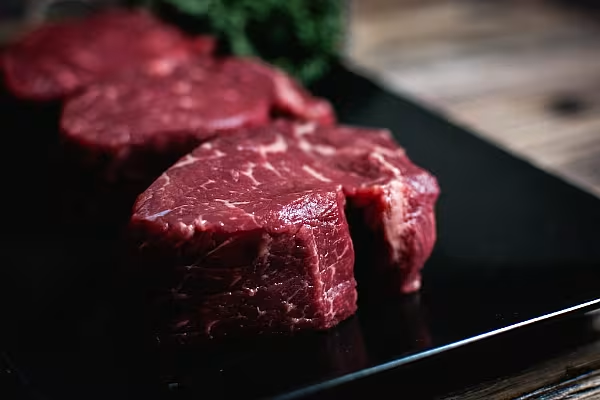Argentina's government said it will limit exports of some beef cuts until the end of the year as part of its effort to control domestic food price inflation.
The world's fifth-largest beef exporter and a key supplier to China, Argentina halted exports for a month in mid-May.
"Exports are being re-established, but only up to 50% of last year's average exports," Argentine minister of productive development Matias Kulfas told a news conference.
Argentina's farm sector is against the government intervening in the meat and grains export markets.
"We disagree with opening exports only 50%," Carlos Achetoni, president of the Argentine Agrarian Federation (FAA), told local media.
Last week, argentine meat packers reached a preliminary deal with the government to partially reopen beef exports.
Domestic Inflation
But the government has domestic inflation on its mind. In the 12 months through April, meat prices in Argentina soared 60% to 70%, according to official data.
In the first four months of 2021, 28.8% of the 965,286 tonnes of beef produced in Argentina were exported, of which 76.6% went to China.
The country's overall inflation rate is expected to approach 50% this year. Beef prices in Argentina, known for its barbecues and succulent steaks, are a touchy subject, especially with midterm legislative elections coming up in November.
'Affordable Prices'
"Our plan has short-term objectives of organising the sector to provide a supply of meat in the domestic market at affordable prices," Kulfas said.
The government's medium-term objective is to increase meat production, from the current 3.2 million tonnes to 5 million tonnes per year, the ministry later said in a written statement.
"This way, 3 million tonnes could be destined for the domestic market, which could bring local consumption to more than 70 kilos per year per inhabitant, and 2 million tonnes for export, which would double last year's exports," it said, adding that the plan will start being implemented within 30 days.
News by Reuters, edited by ESM. For more Supply Chain news, click here. Click subscribe to sign up to ESM: European Supermarket Magazine.











